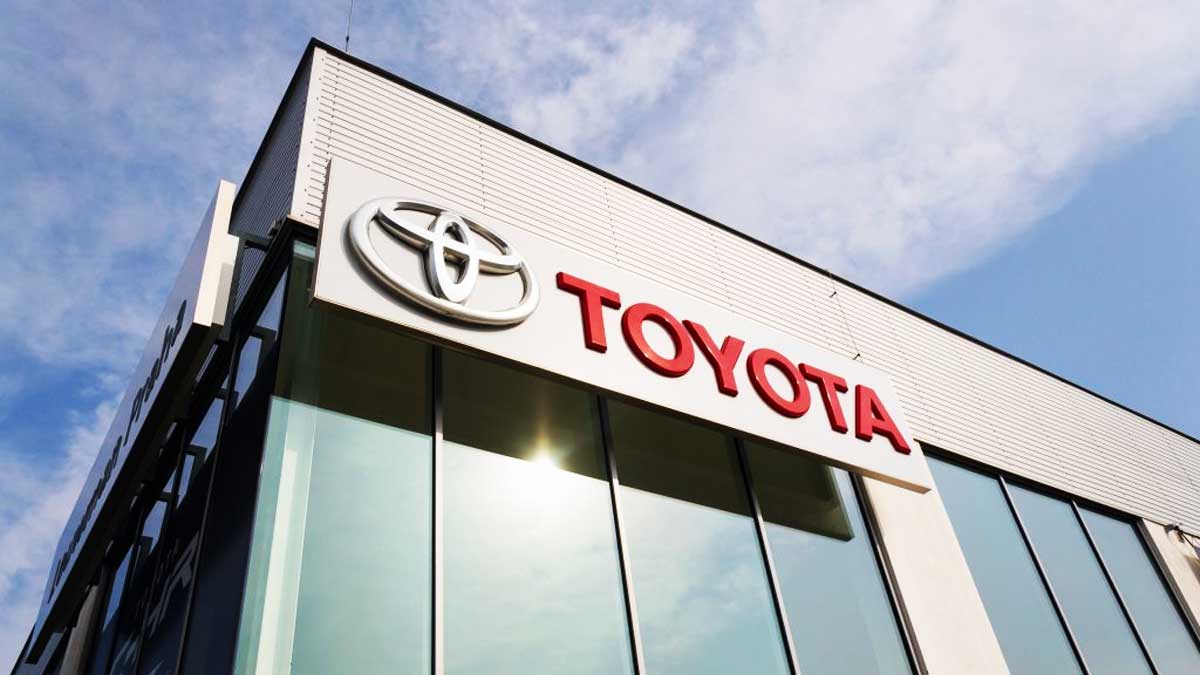Indus Motor Company (IMC), the Pakistani manufacturer of Toyota automobiles, has declared that all bookings for their vehicles have been halted.
IMC CEO Ali Asghar Jamali confirmed the news, saying that bookings have been halted for the next 15 days, a step that is susceptible to currency fluctuations.
His comments come as Pakistan’s currency continues to fall, hitting a new low against the US dollar at 188.18 in the interbank market. The drop increases the rupee’s total loss to roughly 6% in just over five weeks, forcing automakers that rely on imported parts and equipment to rethink their pricing and cost structure.
Read more: Indus Motor announces another massive price hike for Toyota cars
IMC, an important player in Pakistan’s automotive market, is coming off a record-breaking month in March, when it sold over 7,000 units, second only to Pak Suzuki in the current fiscal year.
“IMC is incredibly delighted to report another record-breaking month with 7,132 units sold in March 2022 – the highest since its start in 1993,” the company tweeted just two days ago.
Toyota Pakistan also hiked car pricing on new bookings in the last week of March, citing rupee depreciation and growing freight charges as reasons. The rupee was trading around 181-182 against the US dollar at the time. Since then, the rupee has lost over 3% of its value.
Pakistan has been dealing with serious economic problems for the past five months, with inflation remaining in double digits. In less than a year, its currency has lost more than 19 percent of its value, and the current account deficit for the eight-month period (July 2021-February 2022) has reached $12.1 billion, compared to a surplus of $994 million in the same time the previous fiscal year. The central bank’s foreign exchange reserves have also dropped to $11.32 billion, the lowest level since June 2020.
Meanwhile, in an emergency meeting, the State Bank of Pakistan hiked the key interest rate by a huge 250 basis points, to 12.25 percent, citing a deterioration in the inflation forecast and increased risks to external stability.





















